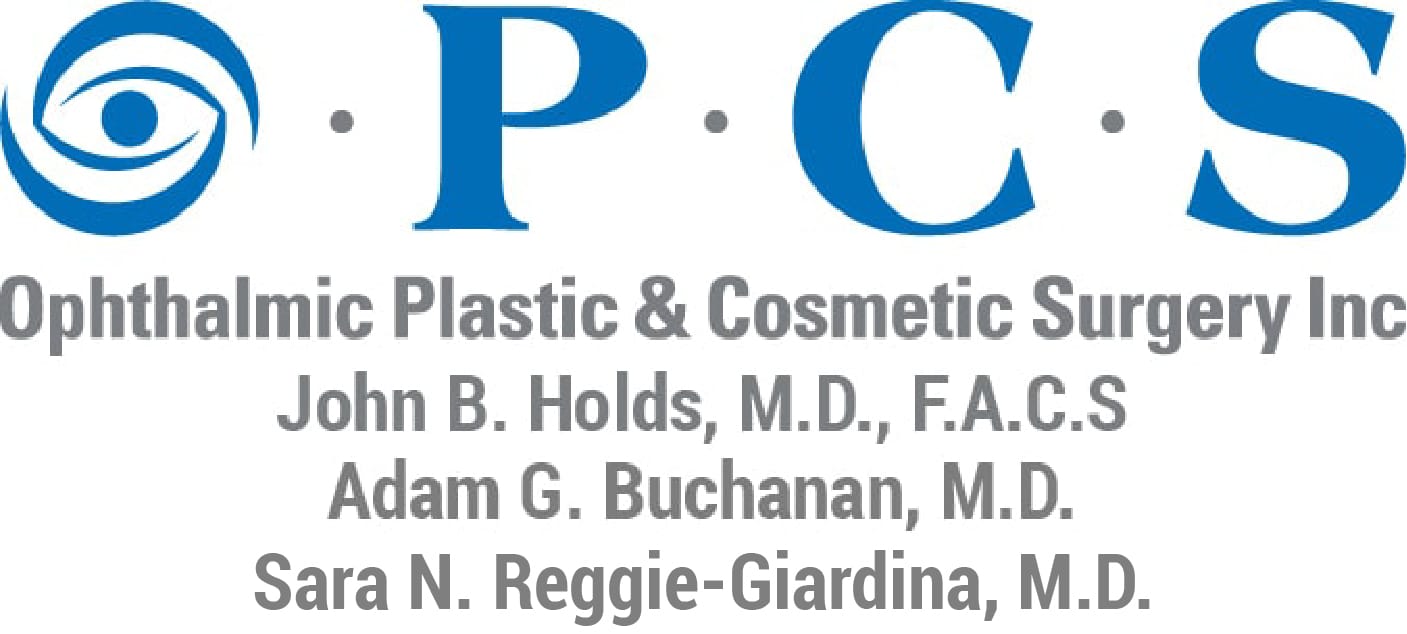When Cancer Develops on the Eyelid
- Posted on: Apr 30 2019

Types of Eyelid Cancer
Most eyelid cancers are non-melanoma and have only a minor chance of metastasizing or spreading to another area. Studies indicate that approximately 90% of eyelid cancers form from basal cells. Like most skin cancers, eyelid cancers are usually one of two types:
- Basal cell carcinoma, as mentioned, is the leading type of eyelid cancer. Basal cells are located lower in the epidermis, beneath the layer of squamous cells.
- Squamous cell carcinoma is an upper-epidermis growth that is more superficial and also more aggressive than basal cell carcinomas. Squamous cell carcinoma attributes to only about 10% of eyelid cancers.
Removing Eyelid Cancer
There are multiple techniques that may be considered for the removal of eyelid cancer. One of the most appealing is Mohs micrographic surgery. This procedure is performed by a dermatologist who has obtained advanced training in this surgical technique. Mohs surgery removes small layers of tissue and examines each individually immediately after removal. This enables the dermatologic surgeon to reach the margins of the skin cancer and nothing more, preserving healthy tissue through careful management of the surgical site.
Eyelid cancer may also be removed using a frozen section technique. The benefit of frozen section surgery is that it may be immediately followed by reconstruction, versus a second procedure being scheduled after cancer has been removed.
Ultimately, the treatment protocol for eyelid cancer must be tailored to the individual based on the diagnosis and the desired outcome. Dr. Holds consults with established dermatologists and Mohs surgeons to help patients come away from an eyelid cancer diagnosis with hope for a healthy, attractive future.
Learn more about eyelid cancer treatment. Call our St. Louis office at 314-567-3567.
Posted in: Uncategorized

